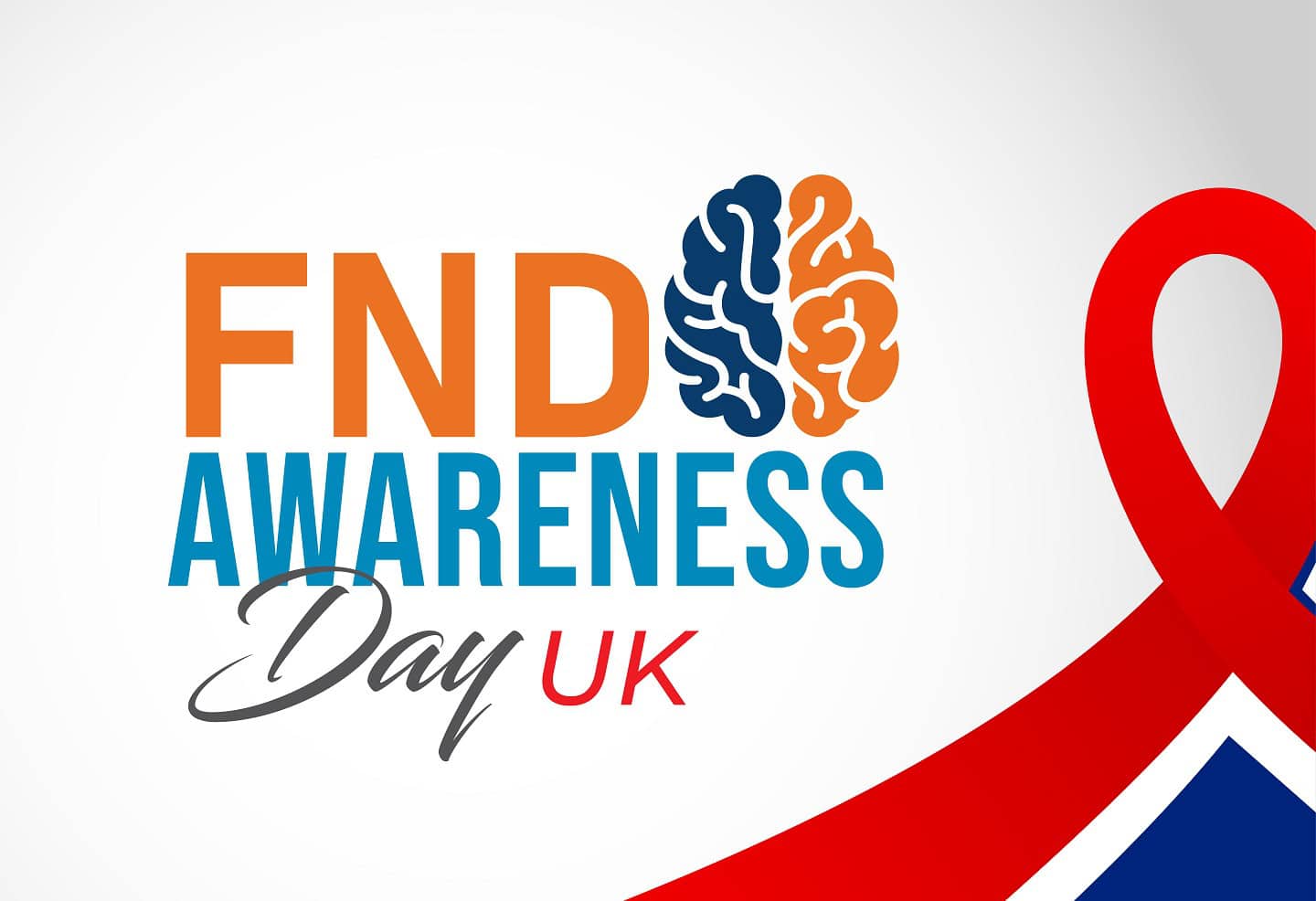
Functional Neurological Disorder: The Unknown Disability
Brain injury has been described as an invisible disability. Functional neurological disorder (FND) could equally be called an unknown disability, because it is not well understood or accepted by patients and some doctors.
I am a brain injury solicitor and it is only through my work representing clients with FND have I learned about this condition. I’ve witnessed debilitating FND symptoms. I’ve come across doctors who struggle with diagnosing and finding treatment for FND. I’ve even come across other solicitors who do not understand FND and dismissed their client’s injuries to the detriment of their claim.
I write this blog to raise understanding and acceptance of FND.
What is FND?
FND is a condition where there is a disorder of the function of the nervous system rather than a problem with structural neurological damage. A good analogy is a malfunctioning computer with faulty software and undamaged hardware. A physical examination of the computer shows everything is normal and does not explain the malfunction. In the real world FND brain scans can appear normal and doctors label symptoms as ‘non-organic’.
Medical science knows far less about how neuropathways combine to function than we know about computer software. At present we do not know the exact cause of FND. We do know FND is a condition that usually has multiple causes, which can consist of biological, psychological and social factors. Pre-disposing factors likely make patients more susceptible. Precipitating factors may trigger or exacerbate FND symptoms. Perpetuating factors prolong symptoms which may reinforce over time.
FND Symptoms
Symptoms are wide ranging, can affect multiple body systems and reflect a lack of control over these systems. The motor system may be affected with abnormal movements such as tremor, increased tone or weakness. The sensory system may be affected with numbness, pins and needles, or areas of increased pain. There may be cognitive symptoms such as: confusion; tiredness; poor concentration and memory.
FND symptoms are real and are not “all in the head”. FND patients do not have voluntary control of their symptoms. FND is known to cause events that can be mistaken for seizures and stroke, with 9% of admissions to hyperacute stroke units having FND.
Treatment of FND
Ideally, treatment should be multidisciplinary in nature and of a holistic (biological-psychological-social) approach. The disciplines involved will depend on the symptoms, but generally include: neuropsychiatry; neurology; neurophysiotherapy; occupational therapy; and neuropsychology.
Rehabilitation can be expected to be undertaken for up to 12 months in the community or as an outpatient; or a combination of inpatient and community rehabilitation.
Unfortunately the NHS has very few treatment centres for FND. Treatment centres are generally based in major cities and are associated with academic neurosciences centres (e.g. St George’s University of London Atkinson Morley Regional Neuroscience Centre). Such units have lengthy waiting lists, generally between 1-2 years for inpatient rehabilitation. Whilst patients wait on these lists deterioration in symptoms and entrenchment of maintaining factors can occur.
FND is generally considered a condition that may be improved with adequate treatment.
FND from a lawyer’s perspective
I represent clients who have suffered a brain injury as a result of negligence. I help clients recover compensation they are legally entitled to.
From my perspective I have seen FND develop following a head injury. However, FND has many other triggers such as: surgery, non-physical stressful events and non-head injuries.
I take pride in acting in my clients best interests. It is important to listen to the injuries a client describes and bear in mind the possibility of FND. Sometimes at the time of initially speaking to a client they will not have received a diagnosis FND due to a lack of awareness in the wider medical community. A good lawyer should never dismiss injuries reported by a client or conclude injuries are not real; therefore compensation cannot be recovered.
Over the last 10 years or so FND has been accepted in the medical world as a condition in itself and not a diagnosis of exclusion. It has been accepted FND causes real symptoms which can be debilitating. As long as a claimant is able to prove FND was caused by negligence it is possible to recover compensation for the full extent of their symptoms and financial losses. To do this successfully requires skill and experience in FND cases.










